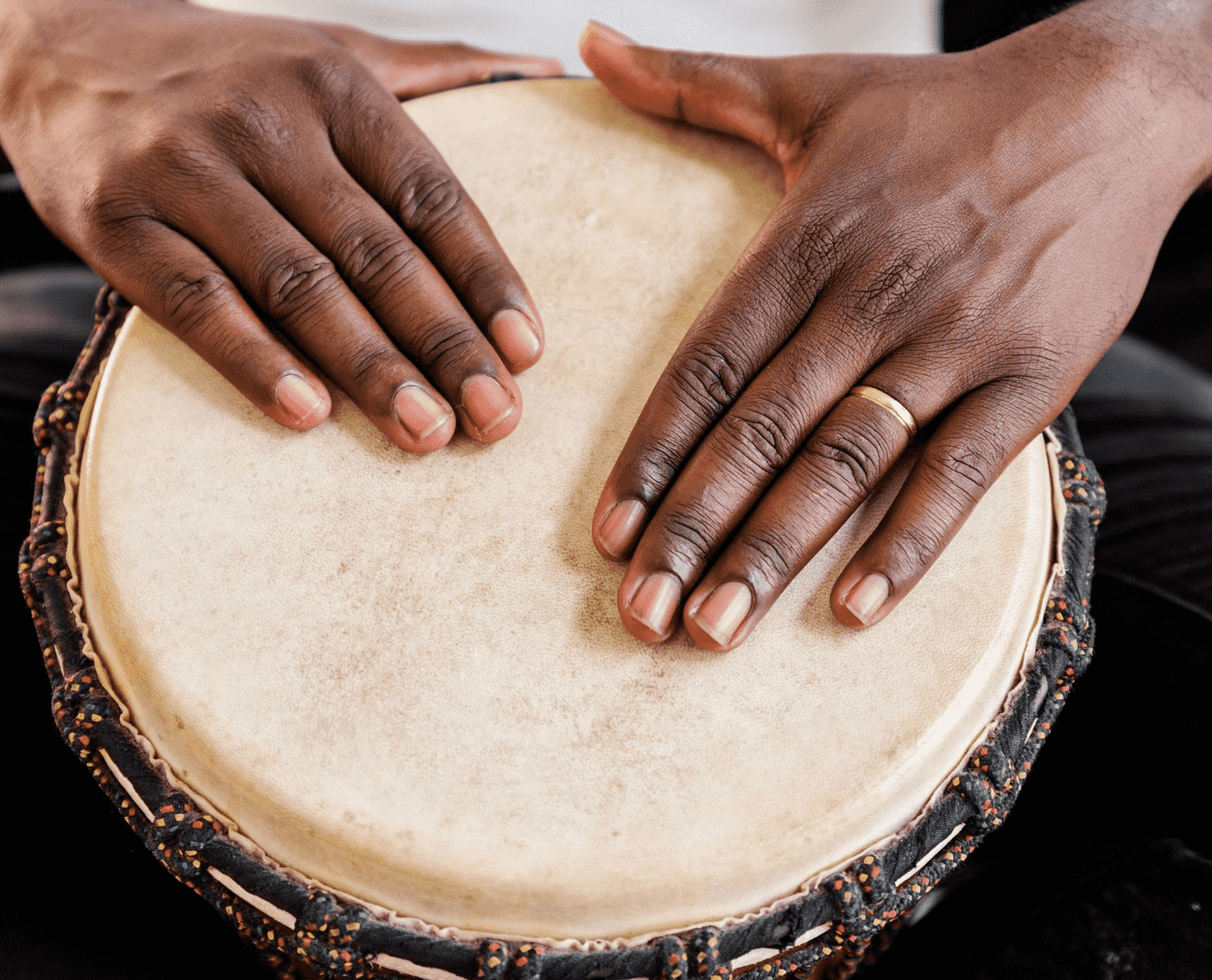Services
Group Music Therapy
In music therapy groups, clients engage in musical activities such as creating, listening, or even writing music to promote goals such as teamwork, group cohesion, and self-expression. In this setting, the focus is on the group as a whole and what everyone can achieve together.
CONTACTIndividual Music Therapy
Individual sessions focus on the person’s individual needs. Clients participate in experiences such as learning an instrument, songwriting or sharing meaningful music as a way to approach their goals.
CONTACT
Goals We Address
- Coping skills
- Self-esteem
- Self-expression
- Emotional regulation
- Group cohesion
- Relaxation/reduced muscle tension
- Increased motivation
- Decreased anxiety
- Socialization
- Communication
What We Do
Composing music in a variety of ways, including fill-in-the-blank songs, parodies, and original songs
Recording and producing covers and original songs
Using instruments such as percussion for group drumming activities
Using multiple instruments such as guitar, piano, ukulele, and percussion to reproduce a song
Learning an instrument such as guitar or piano while focusing on therapeutic goals
Playing and listening to meaningful music and sharing its connection and personal meaning
Listening to a song and engaging in a facilitated discussion about the lyrics and musical elements
Using recorded or live music to facilitate an autogenic or progressive muscle relaxation or imagery experience
01.
Who Do We Work With?We work with clients of all ages in many populations. From babies in the NICU to elderly patients in hospice, we are able to use music to help. Populations we work with include mental health, special needs, medical, geriatrics/hospice, and rehabilitation, just to name a few.
02.
Where Do We Work?We work in residential treatment centers, addiction recovery centers, hospitals, assisted living centers, schools, client's homes, and even virtual sessions online.
03.
Why Music Therapy?Most people would say that music is an important part of their life. Not only is it enjoyable, but it also provides a safe space for communication and expression. Music therapy can give you the opportunity to grow and improve your well-being with music.